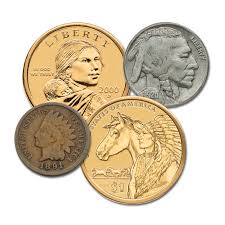记忆方法
记忆“coinage”这个单词,可以将其分解为“coin”(硬币)和“age”(时期或时代),想象一个特定时代中产生了新的硬币或货币体系,这个时代被特别记住,从而产生了“coinage”这个词汇,代表货币或词汇的创造或时代。
以上内容由AI生成, 仅供参考和借鉴
英语词源
- coinage (n.)
- late 14c., "currency, money," from Old French coignage, from coignier "to coin" (see coin (n.)). Meaning "act or process of coining money" is from early 15c.; sense "deliberate formation of a new word" is from 1690s, from a general sense of "something invented" (c. 1600).
权威例句
- 1. The city produced its own coinage from 1325 to 1864.
- 1325年到1864年间,这座城市曾铸造过自己的硬币。
- 2. On the outbreak of the First Revolutionary Civil War, the Government called in all gold coinage and replaced it by notes.
- 在第一次国内革命战争爆发的时候, 政府下令收回所有的金币,并代之以纸币.
- 3. It took four years for Britain just to decimalise its own coinage.
- 英国花了4年时间才将其币制改为十进制。
- 4. These characteristics led to their being used for jewellery and eventually coinage.
- 这些特性使得它们能成为珍宝,最后用来作货币.
- 5. The silver coinage was repeatedly debased with copper vellon.
- 银币一再用铜币维隆来替代,实行贬值.
